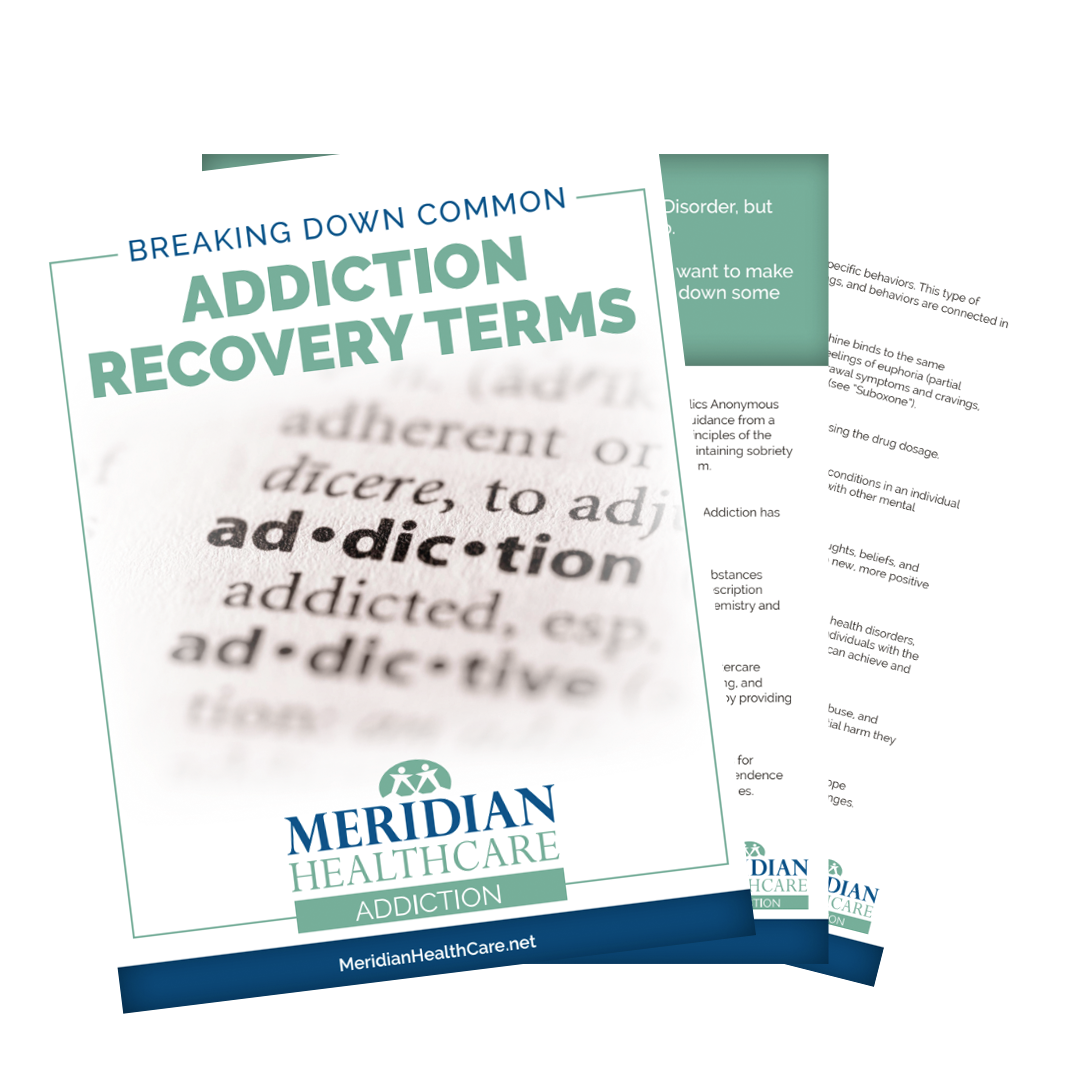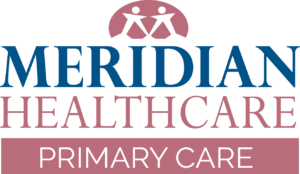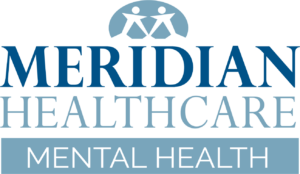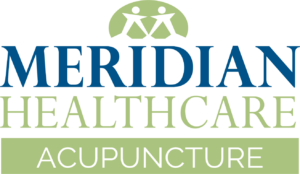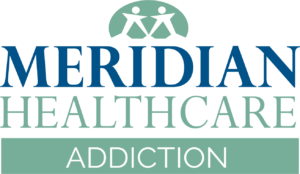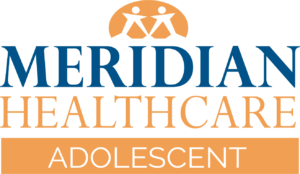Learn More About Alcohol Abuse Disorder
According to the National Institute on Alcohol Abuse and Alcoholism (NIAAA) 14.5 million people (aged 12 and over) dealt with Alcohol Use Disorder (AUD) in 2019 alone. Alcohol misuse can look different for everyone, so it’s important to learn more about the disorder and know when it’s time to get help.
Disclaimer: This page provides information on alcohol-related problems and should not be considered medical advice. Call a health professional trained in substance abuse treatment if you believe you or a loved one needs help overcoming alcohol addiction.




